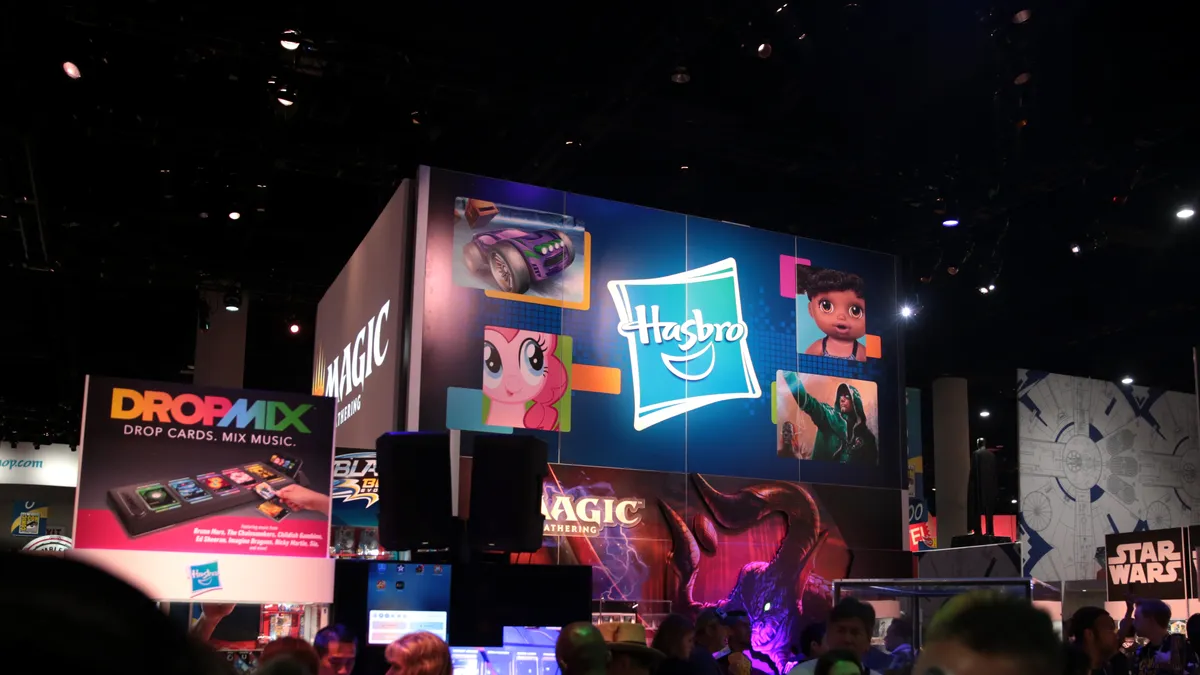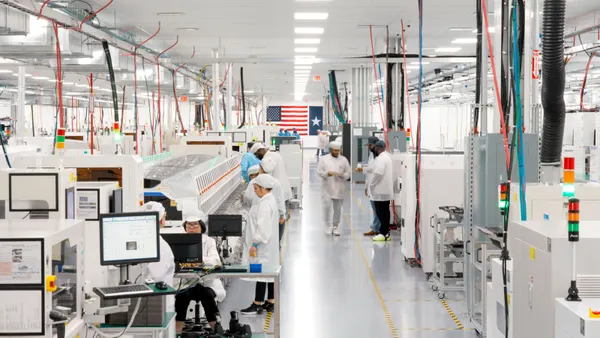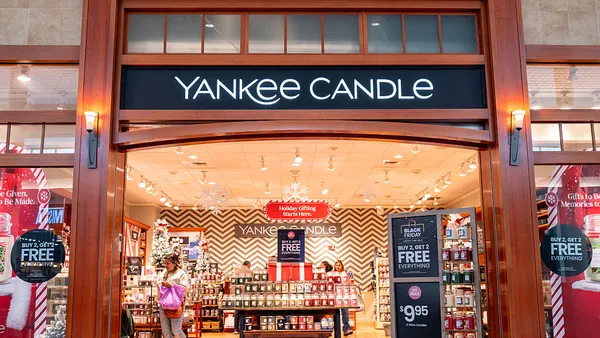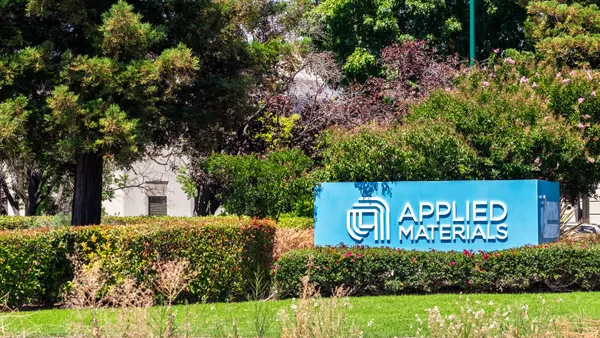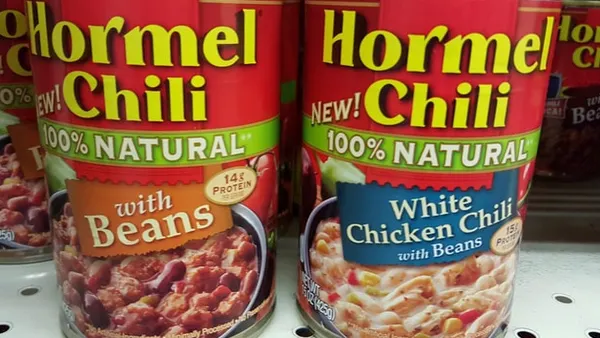Dive Brief:
- Hasbro will shift the production of hundreds of U.S.-destined SKUs from China to alternate locations as the company looks to limit tariff-driven costs, CEO and director Chris Cocks said on a Q1 earnings call last week.
- The toy and games company sources products from eight countries, but will expand to nine or 10 countries soon, Cocks said. In U.S. stores, Hasbro may alter its SKU mix toward more India-produced goods, he added.
- "I think you're going to meaningfully see a big difference in terms of the percentage of product coming from China to the U.S. much faster than what we previously communicated," Cocks said.
Dive Insight:
Hasbro sources roughly 50% of its U.S. toy and game volume from China currently, but the company aims to reduce that share to under 40% by 2026, CFO and COO Gina Goetter said on the call. She noted China will still remain a major manufacturing hub for the company, due primarily to specialized production capabilities in the country.
Hasbro and other companies are moving to diversify their sourcing footprint amid an ongoing trade war between the U.S. and China. President Donald Trump has ushered in several tariff hikes on China, now totaling 145%. Meanwhile, China has responded with a 125% duty on U.S. imports.
Hasbro is modeling a variety of scenarios for U.S. tariffs on China products this year and how that will affect the company, Goetter said. Currently, Hasbro is estimating a $100 million to $300 million gross impact from tariffs, prior to any mitigation efforts.
Despite the tariff pressures, Cocks said Hasbro is better positioned than other toy and game companies in terms of exposure.
"Somewhere around 45 to 50% of our U.S. sales are either domestically sourced or based on digital or licensing from domestic companies," Cocks said. "So that gives us a little bit more buffer than the typical toy company, which is 80% plus of their volume comes from China and most of it, the rest from Southeast Asia."
However, shifting sourcing from China could require some tradeoffs, Cocks said, using the company's Play-Doh products as an example. U.S. Play-Doh is primarily sourced from China, and if Hasbro relies on production in Turkey — which produces Play-Doh for Europe — that could lead to added costs due to logistics differences, he said.
"We feel like over time we'll be able to manage the bulk of that and we'll be able to make these changes on a cost-neutral basis," Cocks said. "But at least in the midterm, that increased complexity and that increased load on new logistics centers will have some costs associated with our outlook."
This story was first published in our Procurement Weekly newsletter. Sign up here.



